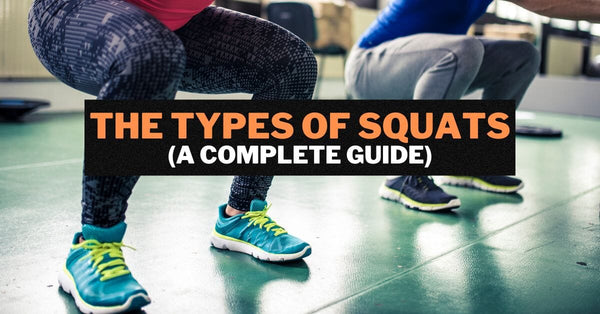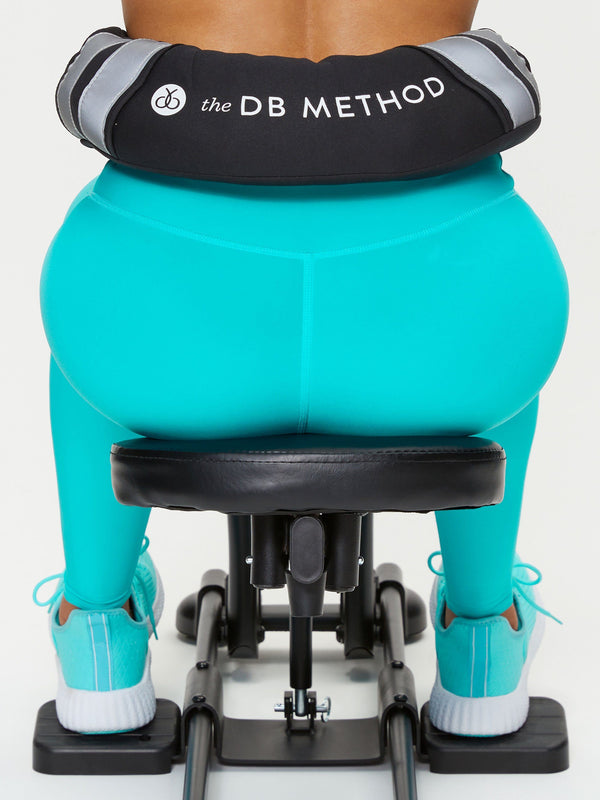Both the amount of sleep and the quality of sleep affect your ability to lose weight. Not getting enough shares or even getting too much sleep can sabotage your BMI (body mass index) and make you 25-35% less likely to lose weight (source).
The optimal sleep time per night for weight loss is 7-8 hours (source), but not all sleep is created equal. Better, more restorative sleep comes from more time spent in deep sleep stages (source) and higher quality sleep can increase your likelihood of weight loss by 33% (source). And one of the major causes is how sleep impacts your body’s hormones.
Sleep’s impact on hormone production for weight loss
When you don’t get enough sleep your body produces more of the hormone called gherlin and less of the one called leptin. Gherlin makes you hungry, leptin makes you feel full (source).
By not getting proper sleep, you’re actually putting your body into a chemically altered state that makes it harder to lose weight. That’s because your body is fooling you into eating more calories. On average, people eat 200–500 more calories per day when they don’t get enough sleep (source). That’s up to 25% more based on a 2,000 calorie diet. But you don’t want to overdo it either, too much sleep can also have a negative effect on weight loss, we share that fun fact in the bottom.
And don’t fall for those nutrition store “leptin” supplements. They don’t actually contain any leptin (source). Instead, they typically have caffeine to suppress appetite. This is very similar to what you’ll see as a main ingredient in sports drinks and weight loss supplements. And if you’re over caffeinated because you’re taking the supplements at the incorrect times, you may have even more difficulty getting to sleep and staying there (source).
Quality sleep leads to quality weight loss
Sleep is not the only factor involved in weight loss. Other elements like exercise and diet also play a crucial role. But sleep directly impacts both of these.
Better rest means more motivation to work out and more energy during workouts (source). So better sleep leads to better exercise that burns more calories and helps you lose more weight. But the circle of life doesn’t stop there.
Exercise, especially afternoon exercise, helps you get more deep sleep, which improves overall sleep quality (source). In turn, higher quality sleep leads to better diet choices.
When you get good sleep, it’s easier to choose fruits, vegetables, and other foods high in fiber (which combine with the proper gherlin/leptin levels in your body to help prevent overeating) (source). Poor sleep, on the other hand, can hurt your nutrition by causing you to eat more saturated fats and sugars (source).
Best of all, this combination of sleep, exercise, and diet come together to help your body lose the right kind of weight while you sleep, i.e. fat. When you reduce your daily calories to lose weight AND get proper sleep, you’re more likely to lose weight by burning fat deposits vs fat-free body mass (e.g. your muscles) (source).
A major reason for this is increased cortisol levels caused by lack of good sleep (source). Cortisol is the stress hormone that kicks your body’s prehistoric survival instincts into high gear, causing it to conserve fat deposits and sacrifice muscle.
Pound for pound, muscle burns nearly 3 times the calories that fatty tissue does (source), so getting good sleep and keeping cortisol levels low helps you keep that lean body mass that incinerates more calories throughout the day, which leads to more successful weight loss.
Now that you understand the connection between how much sleep you need and weight loss you can plan for proper resting regimens. Just don’t snooze that alarm too much because too much sleep will hinder your weight loss efforts too (source).









